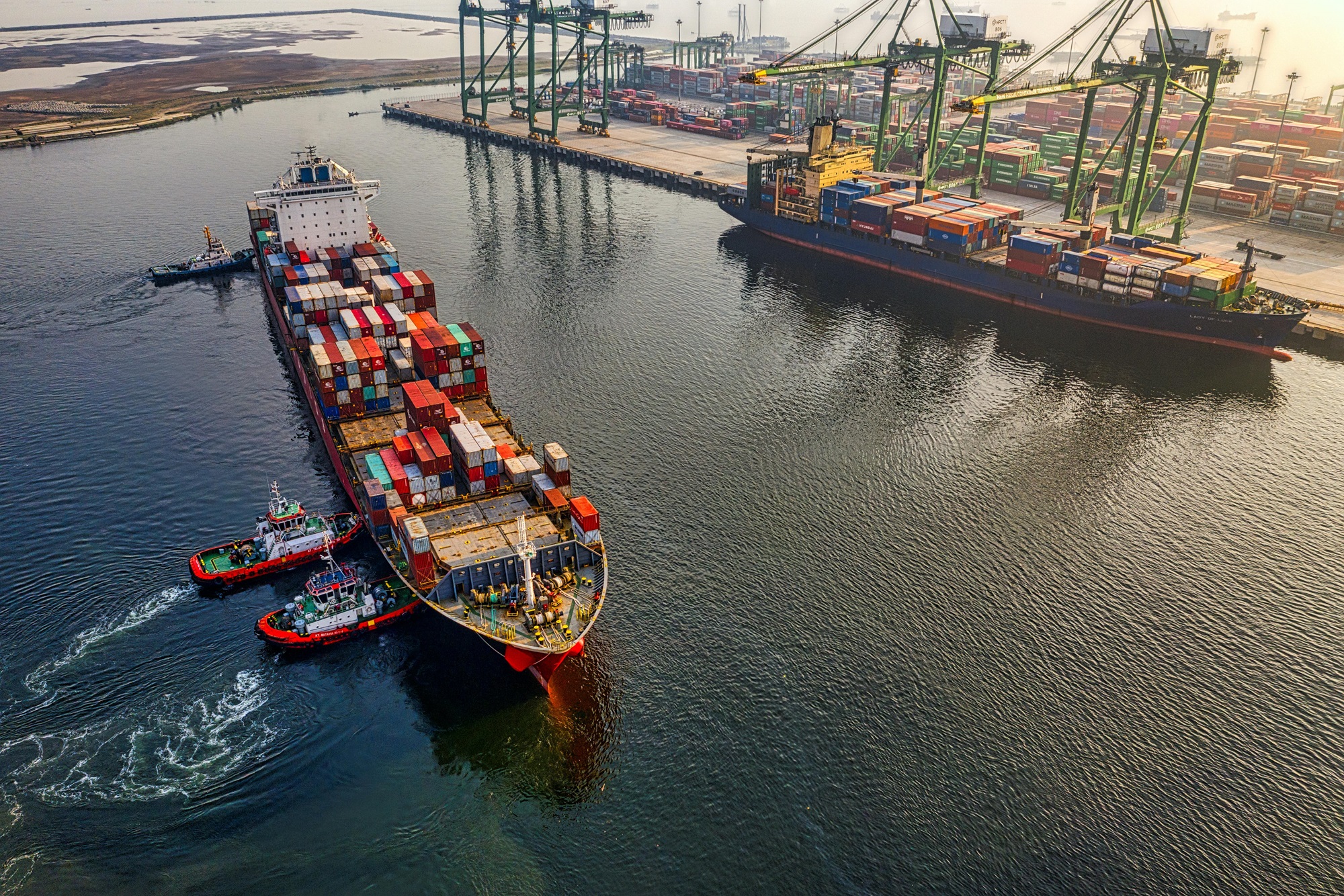Are you planning to do business in the EU from a company based outside the EU? If you have chosen the Netherlands to be the central country of import and distribution, this does not necessarily mean you need to have a Dutch branch. You might opt to outsource transport and storage to a third party that specialises in these services.
You have mapped your flow of goods, selected the location for your stock and already concluded contracts with suppliers, logistics service providers and even a few buyers. You also have a clear picture of your customs obligations . But what about your VAT obligations?
In this article, our experts discuss a number of important VAT obligations for businesses established outside the EU.
Applying for a VAT identification number
If you sell goods from the Netherlands, you perform VAT-relevant sales. You need to register your foreign company for Dutch VAT with the Dutch Tax Authorities and meet your VAT filing obligations in the Netherlands. You will receive a Dutch VAT identification number and be subject to the corresponding VAT obligations, even if you have no physical location or other presence in the Netherlands.
Please note: for VAT purposes, a foreign company is in some cases treated as if it has a registered office in the Netherlands. Read more here on fixed establishments for VAT purposes.
Submitting and paying a VAT return
Once your business has received a VAT identification number, the Dutch Tax Authorities will inform you whether you need to submit VAT returns on a monthly or quarterly basis. Businesses established in the Netherlands must submit the VAT return no later than the last day of the month following the reporting period. However, a different deadline could apply to businesses established outside the Netherlands: they need to submit the return no later than on the last day of the second month following the reporting period.
If the VAT return results in a VAT amount payable, the VAT amount needs to be received on the bank account of the Dutch Tax Authorities no later than on the last business day of the above deadlines. Please note: this means that payments sometimes need to have been received before the VAT return.
Intra-Community transactions (EU Sales Listing)
If your business supplies goods from the Netherlands to VAT entrepreneurs in other EU countries, you are performing intra-Community supplies for which you have a reporting obligation: the EU Sales Listing (‘Opgaaf ICP’). The total turnover of these supplies must be reported both in your Dutch VAT return and the EU Sales Listing. In addition, you need to specify the amount of VAT reported in your VAT return for each buyer’s VAT identification number in the EU Sales Listing. If there are no intra-Community supplies in a reporting period, then you do not need to submit an EU Sales Listing for that period.
If the intra-Community supply of goods in a quarter exceeds € 50,000, you will need to submit an EU Sales Listing on a monthly basis for that quarter and the next four quarters.
Businesses established in the Netherlands need to report not only their intra-Community supply of goods but also their intra-Community services in the EU Sales Listing.
One-Stop Shop (OSS)
If you sell goods to private individuals (“B2C”) and the transactions involve the goods being shipped by you or on your behalf from the country of dispatch, the Netherlands, to another EU country, this qualifies as EU distance sales. In principle, you will need to pay VAT in the EU country of destination of the goods. This will lead to local VAT registration and reporting obligations.
With a view to reducing the administrative burden for distance sales, all entrepreneurs can register to use the One-Stop Shop (OSS) scheme. Under this scheme, they can report the VAT amount payable relating to B2C transactions in all EU countries via a single return on a quarterly basis. The VAT due is paid to the authorities in the country of the OSS registration and then passed on by these authorities to the local authorities in the relevant EU countries.
You can read more on the terms and conditions and benefits of the OSS here.
Make sure you’re aware of your VAT obligations!
Our experts have examined a number of important obligations in this article, but your VAT position and obligations depend greatly on your specific circumstances. It can be easy to make mistakes and these are generally difficult to rectify. For this reason it is wise to consider your VAT obligations, preferably at an early stage, and discuss your position with our VAT & Customs Advisory experts.
Want to find out more?
If you would like to know more about international enterprise and Dutch VAT rules, contact our advisors: we would be happy to discuss how you can make sure you are well-prepared for entering the European market!
The legislation and regulations in this area may be subject to change. We recommend that you discuss the potential impact of this with your Baker Tilly advisor.
Other insights
-
Customs Talks: How the new EU Deforestation Regulation (EUDR) will impact business with the UK
-
EU Deforestation Regulation (EUDR): stringent rules for importers, operators and traders
-
Budget Day 2024: overview of the new tax plans & proposed legislation





